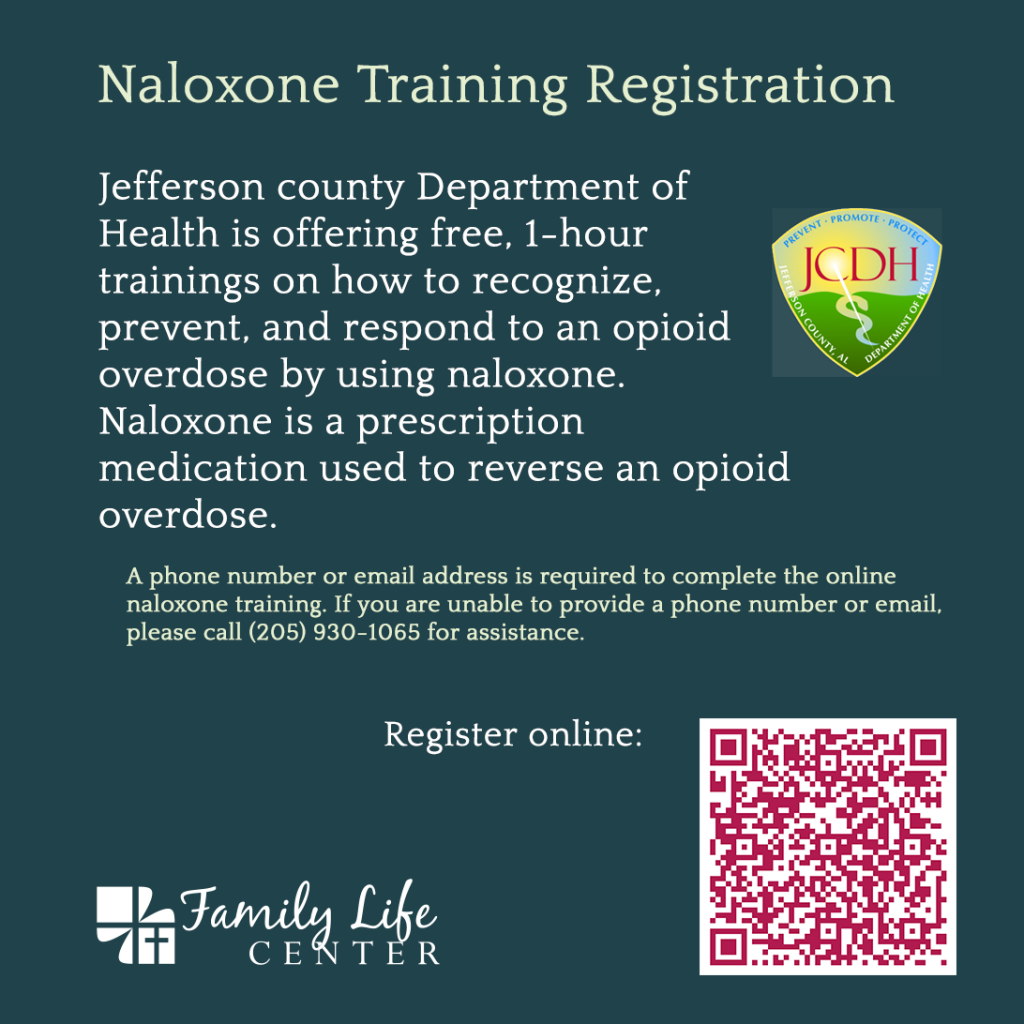
The Coronavirus Disease 2019 (COVID-19) has presented challenges for all of us. People who misuse substances are particularly vulnerable right now. They are having to find new ways to stay connected to their networks of support while unable to visit with everyone personally. People are staying home, they are isolated and they do not have the structure of support they are used to having in recovery. Many people have lost their jobs and are unemployed which just adds extra layers of stress and isolation. It’s a scary recipe that can lead to relapse and overdose.
The Centers for Disease Control and Prevention reported a record number of drug-related deaths in the last 12 months. Drug overdose deaths are on the rise across the nation, including Alabama.
In December’s press release issued by the CDC, synthetic opioids (fentanyl) appears to be the “primary driver” of the increases in deaths.
Here is some of the data collected during the reporting period:
- 37 of the 38 U.S. jurisdictions with available synthetic opioid data reported increases in synthetic opioid-involved overdose deaths.
- 18 of these jurisdictions reported increases greater than 50 percent.
- 10 western states reported over a 98 percent increase in synthetic opioid-involved deaths.
Alabama Seeing Similar Trends
With these nationwide figures, Alabama is seeing similar trends. According to the Alabama Department of Public Health (ADPH), there were significant increases in suspected overdose Emergency Department (ED) visits when comparing the weeks before and after the stay-at-home orders (effective April 4, 2020).
Dr. Darlene Traffanstedt, medical director of the Jefferson County Department of Health reports,
“Drug overdose deaths in parts of Alabama have risen sharply this year and are poised to exceed highs set in 2017.
In line with the Jefferson County Coroner’s Office, drug overdose deaths in the first half of 2020 were 22 percent higher than the previous year. Most of which is driven by opioids like heroin and fentanyl.
“I think we all had gotten to the point where we thought it was getting better,” Traffanstedt said. “But now we are in a crisis where things are rapidly worsening.”
Madison County Coroner, Tyler Berryhill says the spike has hit the Huntsville area.
“The rate of fatal overdoses increased from one every 5 days to one every day and a half.”
 We All Have a Responsibility
We All Have a Responsibility
Everyone plays a part in our communities. Addiction does not have to end in an overdose and an overdose does not have to end in death.
- Educate yourself and the public about the risks of opioids.
- Learn about naloxone, the availability, and how to use it.
- Help people struggling with opioid use disorder to find the right care and treatment.
Utilize state support such as Wings Across Alabama’s Warm Line at 1-844-999-4647. Also available are Crisis lines such as National Association for Mental Illness’ Crisis Text Line. Just text “NAMI” to 741741. Also, you can call SAMHSA’s Disaster Distress Helpline, 1-800-985-5990, 24/7, which is dedicated to providing immediate crisis counseling for people who are experiencing emotional distress.
How Can Family Life Center Help?
Our goal of treatment for Opioid Use Disorder (OUD) is remission of the disorder leading to lasting recovery. Recovery is a process of change through which individuals improve their health and wellness, live self-directed lives, and strive to reach their full potential. We discuss medications approved by the Food and Drug Administration(FDA)- to treat OUD – and other strategies and services needed to support recovery for people with OUD.
Join our newsletter for more information about how we are working to make a difference in the lives of others and our communities.

